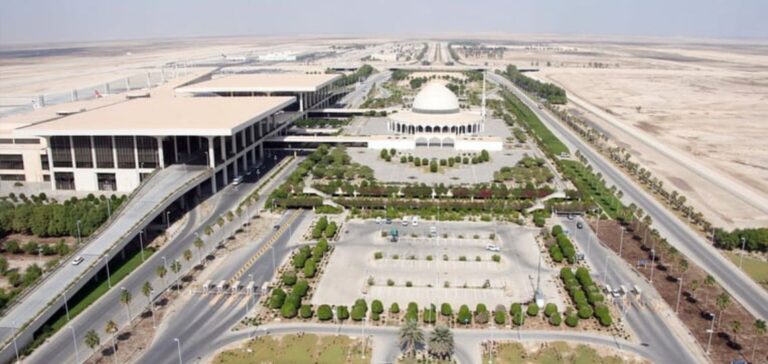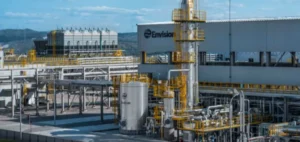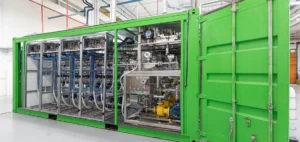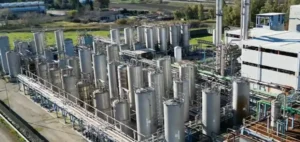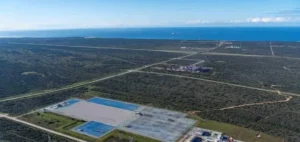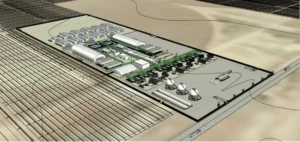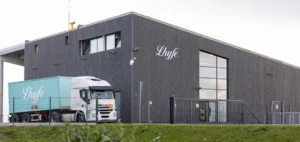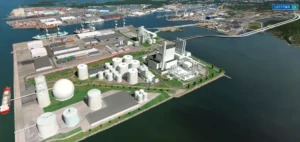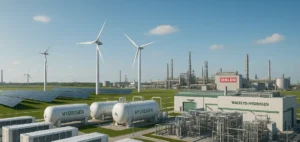In Saudi Arabia, Dammam airport is getting ready to host a hydrogen infrastructure after an agreement with Air Products Qudra.
Decarbonizing the airline industry
In Saudi Arabia, Air Products Qudra has signed an agreement with Saudi Ground Services (SGS). This company is the national provider of ground handling services to the airline network in the country. Air Products Qudra develops, builds and operates some of the world’s largest industrial gas and carbon capture projects.
Air Products Qudra is entering the aviation ground handling sector for the first time. The company’s solution will cover the entire hydrogen value chain. Thus, this project will reduce the carbon intensity of activities related to passenger services, baggage handling and cargo.
Promoting hydrogen
Thus, the collaboration aims to advance Saudi Arabia’s energy ambitions. In particular, it will support the Vision 2030 plan launched in 2016. This economic, political and social strategy should promote clean technologies in Saudi Arabia, such as renewable hydrogen.
Ebubekir Koyuncu, CEO of Air Products Qudra, states:
“We are committed to our strong partnership with the Saudi Green Initiative and determined to achieve environmental goals. Our support is also reflected in our business with SGS as we continue to lead the way with environmental, sustainable and efficient projects throughout Saudi Arabia and the wider Middle East region.”
Air Products Qudra supplies industrial gases and equipment to customers in a variety of industries such as refining, chemicals, metals and electronics. Its expertise allows it to achieve a turnover of $12.7 billion in 2022.

